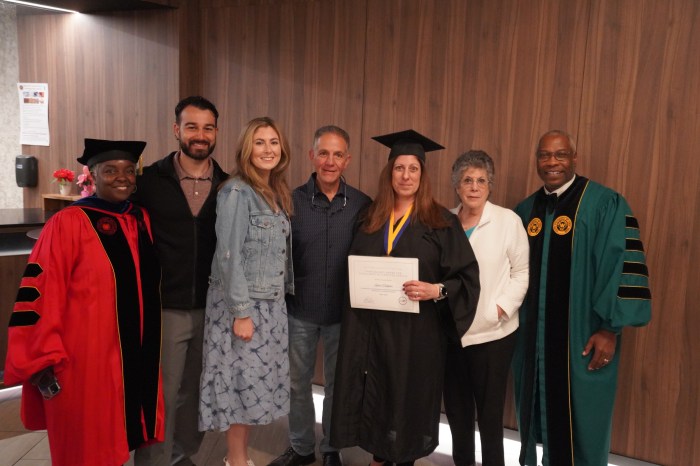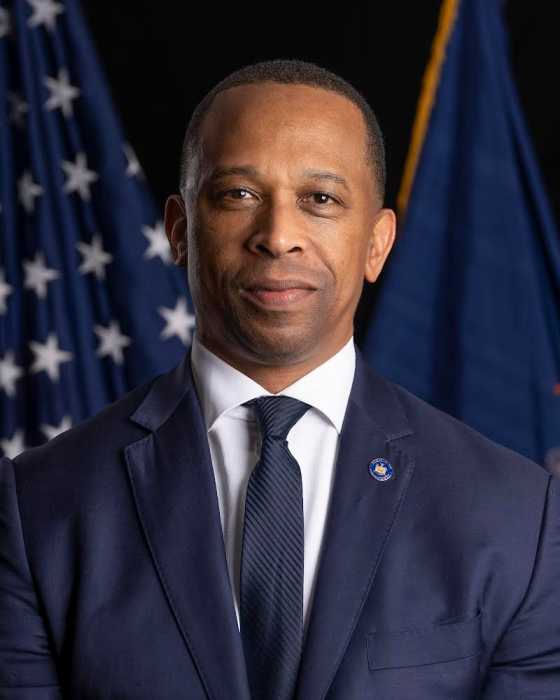‘At least 50 percent of recovered funds would go to counties and localities’
On Friday, July 27, Congressman Steve Israel joined Nassau County Executive Edward P. Mangano to announce federal legislation to make it easier for counties to prosecute Medicaid fraud, potentially saving taxpayers billions of dollars in wasted funds. Israel’s legislation would allow states to apply for grant money to support the local expenses associated with Medicaid fraud investigations and would require at least 50 percent of the funds recovered go to counties and localities.
Medicaid is the largest source of funding for medical and health-related services for people below a certain income level, jointly funded by the state and federal governments. Due to the program’s complexity and size, it is susceptible to fraud. In 2010 alone, the U.S. Government Accountability Office estimated $22 billion was lost to Medicaid waste, fraud, abuse, and improper payments nationally. Medicaid currently costs Nassau County $248 million a year.
“We’re in a time when every dollar counts, and we have deficits and debt; we should not be surrendering 22 billion dollars a year to criminals,” said the congressman.
Israel’s proposed legislation, The Local Medicaid Enforcement Incentives Act of 2012, was inspired by successful efforts to recover funds from Medicaid fraud in Nassau County. Under Mangano’s leadership, the county’s department of social services office of investigations has recovered $300,000 in illicit gains, and the officials said that for every one dollar spent on fraud investigation, $8 is recovered. In a recent audit by Nassau County Comptroller George Maragos, the department was praised for making significant improvements to protect taxpayer money and cut down on fraud.
Mangano and Israel believe that county governments are in the best position to investigate Medicaid fraud because Medicaid services are administered at the local level, however there’s one problem: Despite Nassau County’s recent success in this area, county governments in general have little financial incentive to investigate Medicaid fraud. The reclaimed funds go to the state and federal governments, not the county.
Nassau recently received $46,500 from the state as a share of the recovered funds, but Israel made it clear that this was an exception; typically, a county has to absorb the cost of the investigation with no restitution. The goal of his legislation, he explained, was to make this exception the rule.
The idea behind the law is that part of the 50 percent of funds recovered from successful prosecutions would go back into fraud investigation units, keeping them in operation and providing them the flexibility to prosecute smaller cases. Furthermore, receiving a share of the recovered funds creates a strong incentive for county governments to pursue fraud aggressively.
Israel noted that this law came about as a result of the bipartisan, inter-governmental partnership between himself and Mangano, something not terribly common these days.
“We live in a time where what you see here is unusual. We live in a time where, when things go wrong, different levels of government blame each other for what’s gone wrong. And Republicans blame Democrats, and Democrats blame Republicans, and everyone spends so much time blaming each other that they fail to figure out how we can solve problems,” said Israel.
“This is an example of what happens when we have a county executive who is proactive, and—if you don’t mind my saying so—a congressman who listens,” he concluded.
Mangano was quick to point out that Israel had done much more than simply listen, and praised the congressman for taking the time to understand the problems the county faces and propose a solution that could have positive, far-reaching effects.
“It keeps the system honest, it keeps it efficient, and it weeds out waste,” said Mangano. “It is certainly a piece of legislation that is a model for the country.”
Both officials were optimistic that the law would pass quickly, which Israel used as another opportunity to comment on the current problems with partisanship in Washington.
“Every time you get a Republican and Democrat agreeing on something these days, pass it! Don’t debate, pass it,” said Israel with a wry smile.

































